Recommendation
Economists swear there is no such thing as a free lunch. Someone always pays. That may be true in the “atoms” world of physical things, but Chris Anderson explains why it does not apply in the “bits” world of the Internet, where “free” is the ruling paradigm. If, as Stewart Brand (founder of the Whole Earth Catalogue and the Whole Earth ’Lectronic Link) said, “Information wants to be free,” now it is, at least in many instances, particularly online. While the idea of giving things away as a promotion or loss leader isn’t new, Anderson’s fresh insight is that giveaways are becoming a business imperative that companies are going to have to accept and use. Actually, companies online and off can become immensely profitable when they give products or services away for free to bring customers in and to create the need for future ancillary product sales (in other words, take the printer and buy the ink). Anderson, author of The Long Tail and editor of Wired magazine, tells you how to make money by providing most of your offerings for free and charging for just a few of them. getAbstract recommends this perceptive, innovative, idiosyncratic book to all marketers.
Summary
About the Author
Chris Anderson is editor-in-chief of Wired magazine. He received the getAbstract International Book Award for his book The Long Tail.






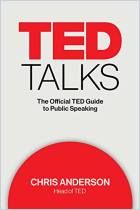
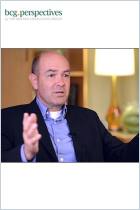
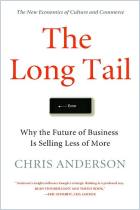
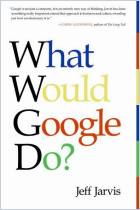
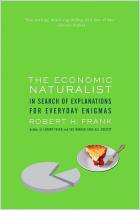
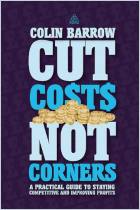

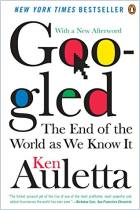
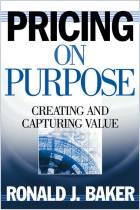


Comment on this summary